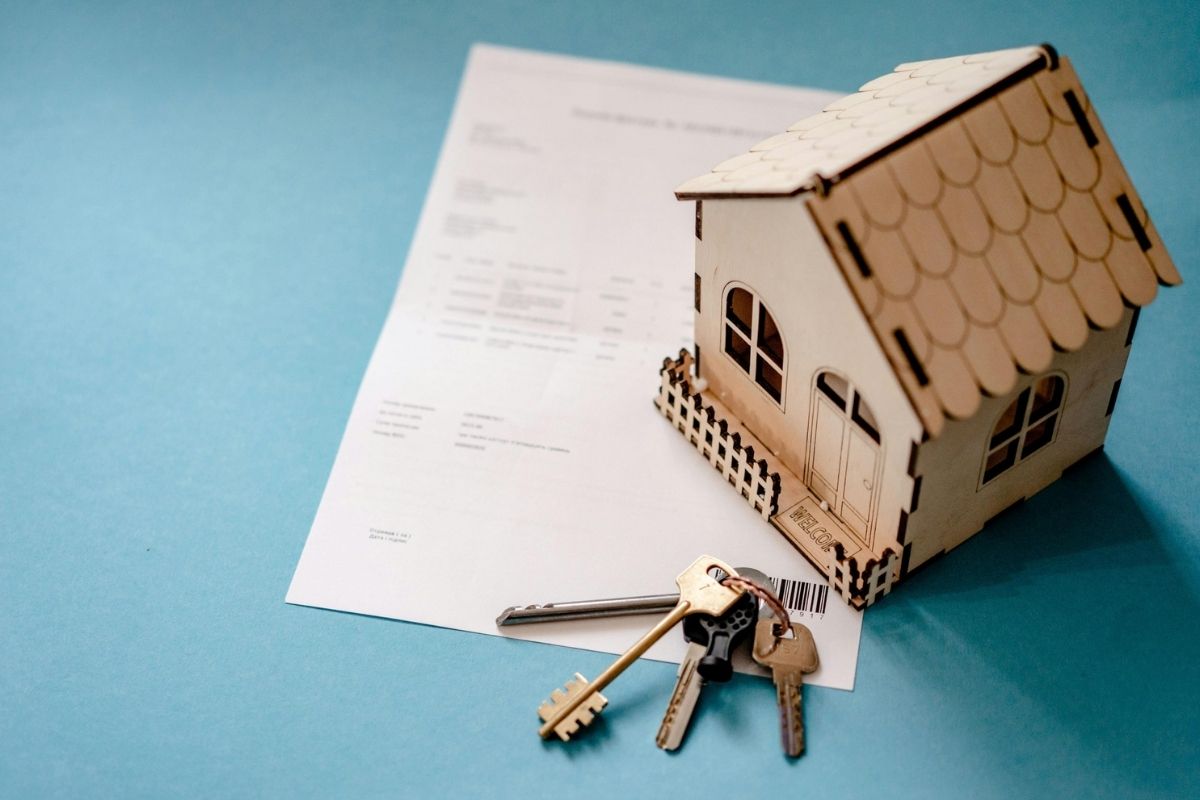The real estate market of 2025 will become one of the most difficult situations the industry has encountered in the years to come. Property owners in 2025 need to shift their focus from property ownership to intelligent management because market conditions demand it. Real estate owners who maintain traditional management become unprofitable, but property owners who use modern property management strategies achieve success during this challenging market. Smart property management stands as an essential requirement for staying alive during the year 2025.
The New Challenges Facing Property Owners in 2025
Multiple key market forces influence the real estate business in the present year.
- Current mortgage rates between 6% and 7% create financial strain on new investors and intensify mortgage expenses for property owners whose loans have variable interest rates.
- Price increases due to inflation compel property owners to reorganize their budgeting priorities as maintenance expenses, repairs, insurance, and utilities have become more expensive than before.
- Post-pandemic renters expect quick maintenance solutions, online payment and communication systems, and enhanced property features and service quality.
- Local governments across America have enacted multiple tenant protection laws in addition to implementing stricter building standards and rent control systems.
- Property management approaches from the past fail to meet the present-day needs of this new environment. Owners require innovative approaches to handle the current market demands effectively.
What Is Smart Property Management?
Using technology is a major component of smart property management, yet it represents only part of its definition. The approach involves property management, which adopts the same structured and future-oriented principles as leading businesses do when operating their companies. The approach foresees upcoming issues while it enhances operational efficiency to provide better service quality for both building owners and their occupants. The core features of intellectual property administration consist of three main aspects:
- Managed maintenance techniques let property owners determine maintenance needs in advance, which reduces both operational costs and tenant discontent.
- Online portals serve as digital platforms that enable the collection of rent payments and submission of maintenance requests, and facilitate communication to optimize administrative operations.
- The use of property performance metrics allows managers to make data-driven decisions that help guide their investment choices.
- The practice of tenant relationship management establishes robust tenant relationships that lead to renewal contracts and reduce vacancy rates.
- The process of cost optimization involves finding operational flaws along with intelligent budget strategies to reach maximum return on investment.
Property management systems enable real estate ownership to function like an expert business operation.
How Smart Property Management Protects Your Investment
1. Maximizing Revenue in a Tight Market
Property owners need to optimize their earnings since high mortgage payments combine with market saturation restrictions that reduce their pricing options. Smart property management helps by:
- Smaller vacancies occur when properties are released quickly, while tenants feel more satisfied.
- The use of current market data enables maximum rent optimization.
- Property owners should use adaptable pricing mechanisms that target locations with high market demand.
- The challenging housing market of 2025 makes a small increase in occupancy rates or rental prices vital for property owners who aim to stay profitable.
2. Minimizing Unexpected Costs
Emergency repairs take up the majority of expenses that property owners need to deal with annually. Careful managers perform regular property inspections along with preventive maintenance scheduling, which enables them to address issues before they become critical. Today’s minor repairs produce long-term savings because property owners prevent future large, unanticipated costs from developing. Small landlords now use predictive maintenance tools, which help them save money every year.
3. Improving Tenant Retention
Property owners find greater value in keeping current good tenants rather than spending money to acquire new ones. Making vacant units available in the market while conducting applicant evaluations and unit preparation for new occupants requires financial resources and operational duration. Smart property management emphasizes tenant communication and satisfaction since these elements have been scientifically proven to boost renewal rates. The combination of mobile rent payments, quick maintenance responses, and tenant appreciation events results in a substantial reduction of tenant turnover rates.
4. Navigating Regulatory Changes
Rental laws in Austin, San Francisco, and New York are under continuous change through increased property habitability standards and rental price limits and new eviction procedures. Smart property management demands continuous updates of regulatory changes because non-compliance leads to expensive legal cases and financial penalties. Active compliance management stands as the essential foundation for successful business operations in the year 2025 because it includes tasks like smoke detector updates and required inspections, alongside the adjustment of leases for rent control legislation.
The Role of Technology in Smart Property Management
Smart property management depends heavily on the implementation of technological tools as essential components. These technologies prove the most influential within property management today:
- Cloud-Based Management Systems: Centralize all data, tenant communications, and payment tracking.
- Smart home devices enable the installation of smart locks combined with thermostats and security systems to achieve both tenant satisfaction improvement and energy-saving benefits.
- AI-powered analytics uses data patterns to recommend optimizations for your entire property collection.
- Through maintenance apps, tenants can easily request maintenance, and then the system will automatically assign vendors and enable real-time work tracking.
The implementation of basic technological solutions such as virtual tours and online rent payment features enhances property attractiveness while simultaneously improving operational efficiency.
Streamlining Property Management: The Smart Solution for Investors
Investors with multiple properties and those living outside their properties will find the simplest solution for smart property management by partnering with an experienced property management company. A professional team can:
- Handle tenant communications.
- Manage marketing and leasing.
- Conduct preventive maintenance.
- Ensure legal compliance.
- Provide detailed reporting and analytics.
Selecting an appropriate property management company involves finding a partner who takes initiative to enhance property value and financial performance rather than waiting for problems to arise.
Final Thoughts
The market of 2025 provides benefits to individuals who plan ahead but imposes penalties on people who maintain old-fashioned operating methods. The necessity of smart property management extends beyond being a convenience since every serious investor needs this methodology to protect and expand their property investments. Properties that accept modernization, enhance tenant comfort, and maintain operational excellence will reach remarkable success in this competitive market. Your current actions toward system upgrades, proactive maintenance, and smart property management partnerships will establish your future success. Delay your response until the market leaves you with no other choice. Your current investment management needs immediate transformation to secure its protection against future market changes and to ensure a reduction of tenant turnover rates.











